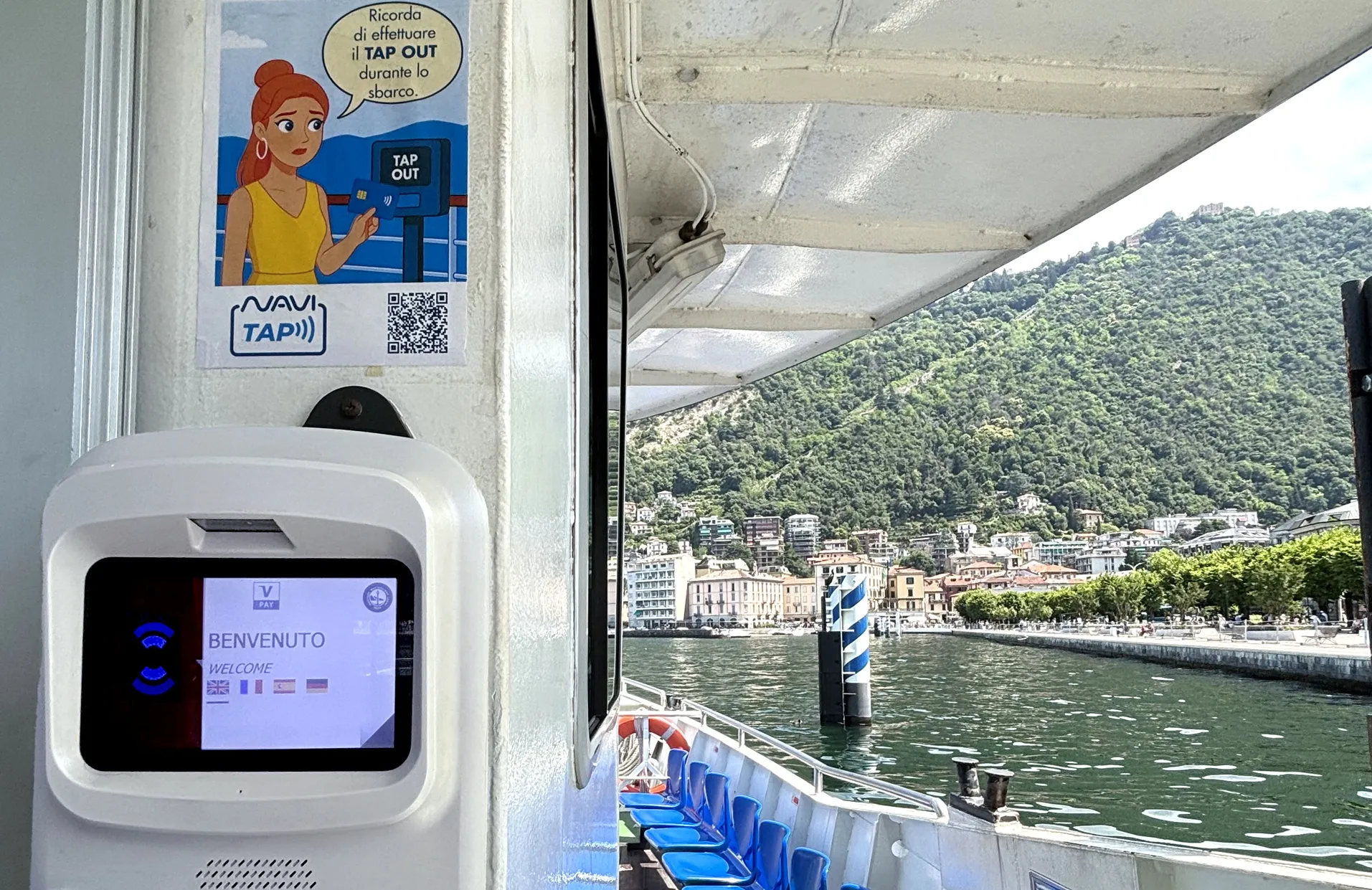Hoeft & Wessel, together with the Standard Bank and the National Department of Transport in South Africa, is developing an e-ticketing solution based on the EMV contactless system.
March 23, 2012
Read time: 1 min
Hoeft & Wessel group, together with the 4262 Standard Bank and the 4264 Department of Transport - South Africa, is developing an e-ticketing solution based on the EMV contactless system. Within the scope of the Integrated Rapid Public Transport Network (IRPTN), the intermodal system will initially be introduced amongst bus operators in metropolitan Durban.
As part of the scheme, the first ‘Muvo’ contactless smartcards will be issued starting in February 2012. Buses will simultaneously be equipped with on-board computers and integrated Almex ticket printers from Hoeft & Wessel. In total, more than 600 Almex.optima on-board computers have already been delivered.
As part of the scheme, the first ‘Muvo’ contactless smartcards will be issued starting in February 2012. Buses will simultaneously be equipped with on-board computers and integrated Almex ticket printers from Hoeft & Wessel. In total, more than 600 Almex.optima on-board computers have already been delivered.









